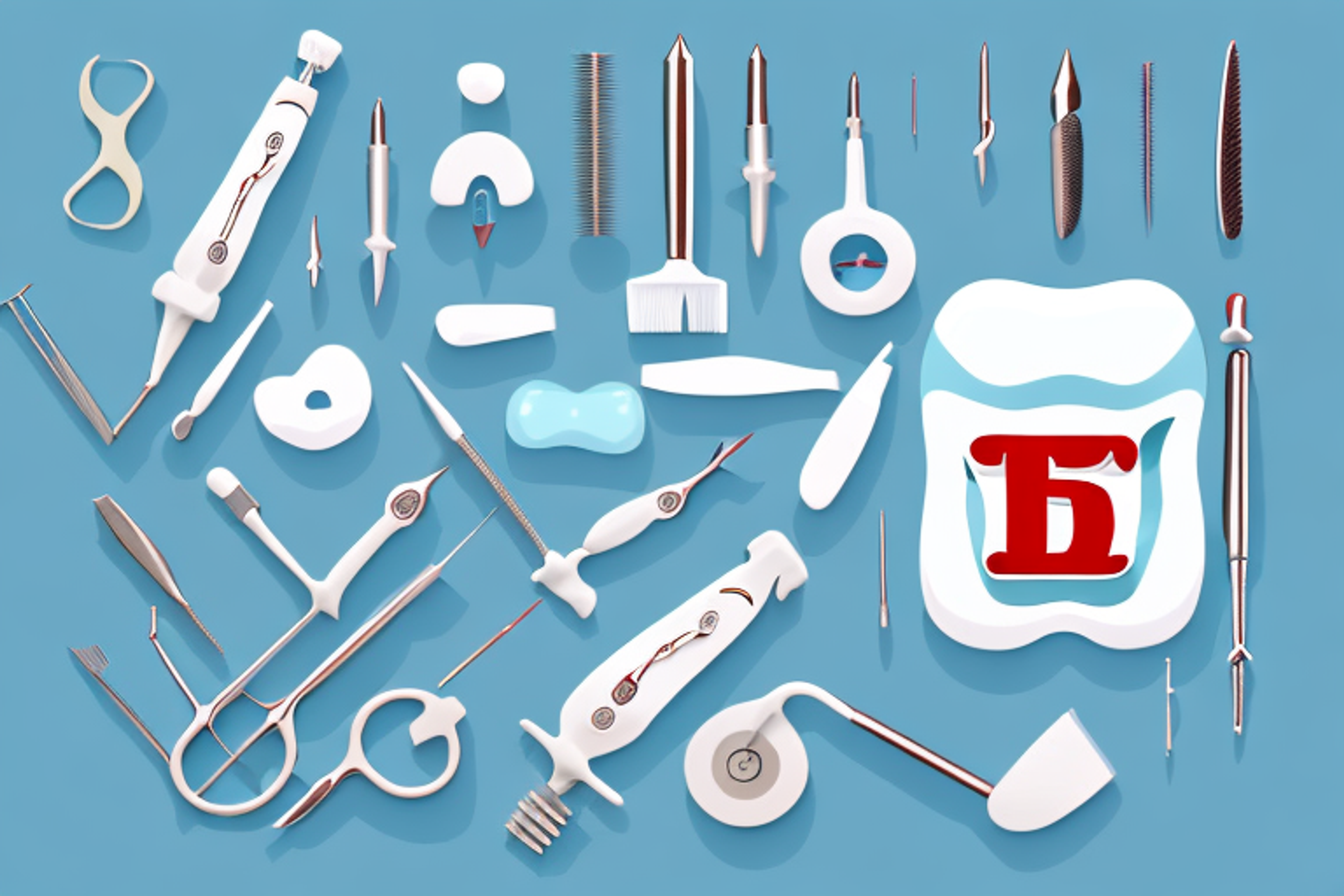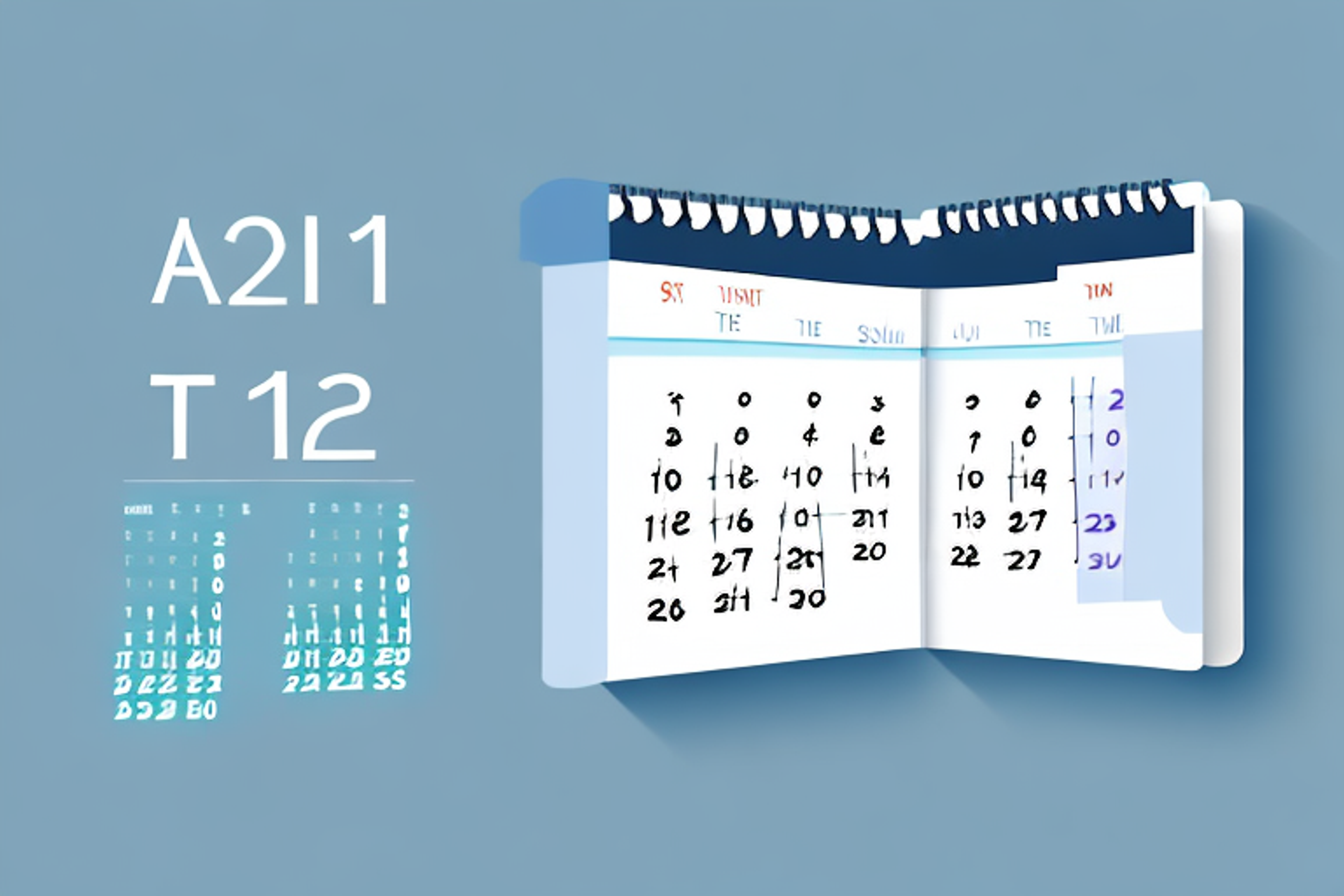
Table of Contents
Are you nervous about taking the Dental School Test? You're not alone, as this test can make or break your chances of getting into dental school. But fear not, as we have compiled a comprehensive guide to help prepare you for the Dental School Test.
Introduction: A Brief Overview of the Dental School Test
The Dental School Test, formally known as the Dental Admission Test (DAT), is a standardized multiple-choice exam that is used by dental schools to measure an applicant's ability to succeed in dental school. The exam consists of four sections: Survey of Natural Sciences, Perceptual Ability, Reading Comprehension, and Quantitative Reasoning. Each section is timed, and the total exam time is roughly 4.5 hours.
It is important to note that the Dental School Test is a crucial component of the dental school application process. Many dental schools require a minimum DAT score for admission, and a high score can greatly increase an applicant's chances of being accepted. Additionally, some dental schools may place more emphasis on certain sections of the exam, such as the Survey of Natural Sciences, depending on their specific program requirements.
Understanding the Format: Types of Questions asked in the Dental School Test
The Survey of Natural Sciences section consists of questions related to biology, general chemistry, and organic chemistry. The Perceptual Ability section challenges your spatial visualization skills. The Reading Comprehension section tests your understanding of academic texts, while the Quantitative Reasoning section gauges your mathematical ability. It is important to understand the types of questions asked in each section to prepare accordingly.
Additionally, the Dental Admission Test (DAT) also includes a section on the Dental Aptitude Test (DAT) Survey. This section assesses your knowledge of the dental profession, including ethics, patient management, and dental terminology. It is important to review dental terminology and familiarize yourself with the dental profession to perform well in this section.
Another important aspect of the DAT is time management. The test is approximately 5 hours long, and each section has a specific time limit. It is crucial to practice time management skills during your preparation to ensure that you can complete each section within the allotted time. This can be achieved by taking practice tests and timing yourself, as well as developing strategies to answer questions efficiently.
Preparing for the Exam: Tips and Strategies from Experts
Experts recommend starting your preparation at least three months before the exam date. Begin by setting a study schedule and create a plan of action. Utilize study materials such as textbooks, online resources, and practice tests. Take breaks throughout your study sessions and allow for plenty of rest leading up to the exam day.
Another important tip is to identify your strengths and weaknesses. This will help you focus your study efforts on areas that need improvement. Consider seeking help from a tutor or joining a study group to get additional support and guidance.
It's also important to stay motivated and positive throughout your preparation. Visualize yourself succeeding on the exam and remind yourself of your goals. Don't let setbacks discourage you, instead use them as opportunities to learn and improve.
Time Management: How to Allocate your Time during the Test
It is crucial to manage your time effectively as you navigate through the different sections of the Dental School Test. Prepare a time management strategy that allows you to tackle each section within the given timeframe. Plan how much time you will spend on each question and move on if you are stuck.
One effective time management technique is to start with the easiest questions first. This will help you gain momentum and confidence as you move on to more challenging questions. Additionally, make sure to keep track of time throughout the test and adjust your pace accordingly. If you find yourself spending too much time on a particular question, it may be best to skip it and come back to it later.
Remember, time management is not just about finishing the test on time, but also about maximizing your performance. Taking breaks and staying hydrated can help you stay focused and alert throughout the test. Finally, don't forget to review your answers before submitting your test. Use any remaining time to double-check your work and make sure you have answered all questions to the best of your ability.
Practice Makes Perfect: Importance of Mock Tests and Sample Papers
Mock tests and sample papers are a great way to assess your progress and identify your weak areas. Taking practice tests simulates the exam environment and prepares you emotionally and mentally. Utilize online resources or enlist the help of a tutor to make the most of these practice materials.
Moreover, mock tests and sample papers also help you to understand the exam pattern and the types of questions that are likely to be asked. This knowledge can help you to strategize your preparation and focus on the areas that require more attention. Additionally, practicing with sample papers can help you to manage your time effectively during the actual exam.
Furthermore, mock tests and sample papers can also boost your confidence and reduce exam anxiety. By taking practice tests, you become familiar with the exam format and gain a sense of control over the situation. This can help you to stay calm and composed during the actual exam, leading to better performance and results.
The Importance of Strong Basics: Brushing up on Fundamentals
The Dental School Test is designed to test not only your knowledge of specific concepts but also your fundamental understanding of principles. Make sure to brush up on your basics and revisit topics you may have forgotten. Solidifying your knowledge of foundational concepts gives you a strong base to build on.
One way to brush up on your fundamentals is to review your notes from previous courses. Take the time to go through your old notes and textbooks, and make sure you understand the concepts thoroughly. You can also use online resources, such as videos and tutorials, to reinforce your understanding of key concepts.
Another important aspect of building a strong foundation is to practice regularly. Practice problems and quizzes can help you identify areas where you need more work, and can also help you develop your problem-solving skills. By practicing regularly, you can build your confidence and improve your ability to apply your knowledge to new situations.
Maximizing your Scores: How to Score High in the Dental School Test
Scoring high on the Dental School Test requires a combination of understanding the material, managing your time effectively, and staying focused on the task at hand. Experts suggest finding a study group or a tutor to help with any areas that you are struggling with and staying focused on the bigger picture of getting into dental school.
Another important factor in scoring high on the Dental School Test is practicing with sample tests and questions. This will help you become familiar with the format of the test and the types of questions that will be asked. Additionally, it is important to take care of your physical and mental health during the preparation process. This includes getting enough sleep, eating a healthy diet, and taking breaks to avoid burnout.
Finally, it is important to stay motivated and confident throughout the preparation process. Remember why you want to become a dentist and keep that goal in mind. Celebrate small successes along the way and don't let setbacks discourage you. With hard work and dedication, you can achieve a high score on the Dental School Test and reach your goal of becoming a dentist.
Common Mistakes to Avoid During the Exam
One of the most common mistakes test-takers make is spending too much time on a single question. This can eat up valuable time that could be spent on other questions. Avoid this mistake by setting a finite amount of time for each question. Another mistake is not reading the directions carefully and missing important information that could help with answering questions correctly.
Another common mistake is not managing your time effectively. It's important to pace yourself throughout the exam and not spend too much time on any one section. This can help ensure that you have enough time to answer all of the questions and review your work before time runs out. Additionally, some test-takers may become too anxious or nervous during the exam, which can negatively impact their performance. To combat this, try practicing relaxation techniques beforehand, such as deep breathing or visualization exercises.
Overcoming Exam Anxiety: Tricks and Techniques for Staying Calm
Exam anxiety is natural and can be overcome with the right techniques. Breathing exercises, visualization techniques, and positive self-talk are all effective ways to stay calm and focused. Take frequent breaks to recharge your mind and avoid getting overwhelmed.
Resources available for Dental School Test Preparation
There are many resources available, both online and in-person, to aid in your preparation for the Dental School Test. Online resources include study materials, practice tests, and tutoring services. In-person resources include study groups and private tutors. Choose the resources that best fit your needs and budget.
Conclusion: Final Thoughts and Key Takeaways
Preparing for the Dental School Test takes hard work, discipline, and dedication. Make a plan of action and stick to it. Brush up on your basics, manage your time effectively, and take advantage of all available resources. Remember that a good score on the Dental School Test is just one aspect of getting into dental school. Good luck!











